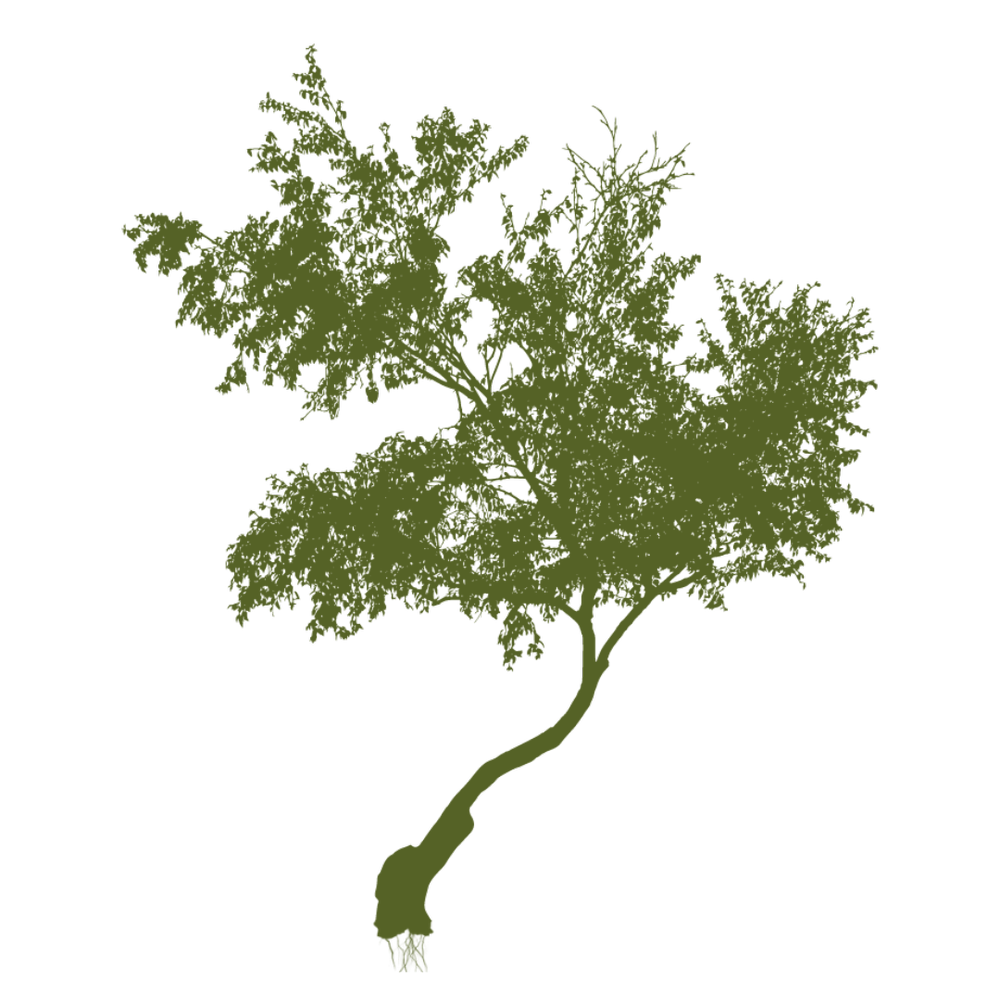This is by no means an exhaustive answer to the question 'What is Nature Pedagogy?' because one of the core principles of nature pedagogy is experiential learning in order to achieve intuitive understanding. It is therefore only one part of a whole that requires getting out there and giving it a go. That said, here goes...
In nature pedagogy, nature is the teacher. Nature is the classroom, the storeroom, the playground, the studio and the lab. Ecology underpins the curriculum and through play, discovery and construction, students learn to be themselves.
In a contemporary sense the idea comes from forest schooling in Europe, though in truth, learning from nature has been the dominant mode of cultural co-creation for a very long time. For tens of thousands of years the bush has been a source of deep knowings, communicated through great systems of mythology in the worlds' most ancient cultures.
As a teacher then, it is our role to instruct in the ways of listening, to equip young people with the skills necessary to receive, explore, create and discover.
That is not to say that nature pedagogy leaves no room for laboratory science, computer science, business etc. It merely grounds our sense of who we are in the natural world. In so doing this kind of education prepares young minds to be connected not only to themselves, their friends and family, but to an interconnected community of life as big as an entire planet.
Nature pedagogy also recognises the role of storytelling as mythopoetic, that is, it recognises that through story we map our understanding of the world. Story is our shared language, symbols our shared alphabet and creativity our means of communication.

